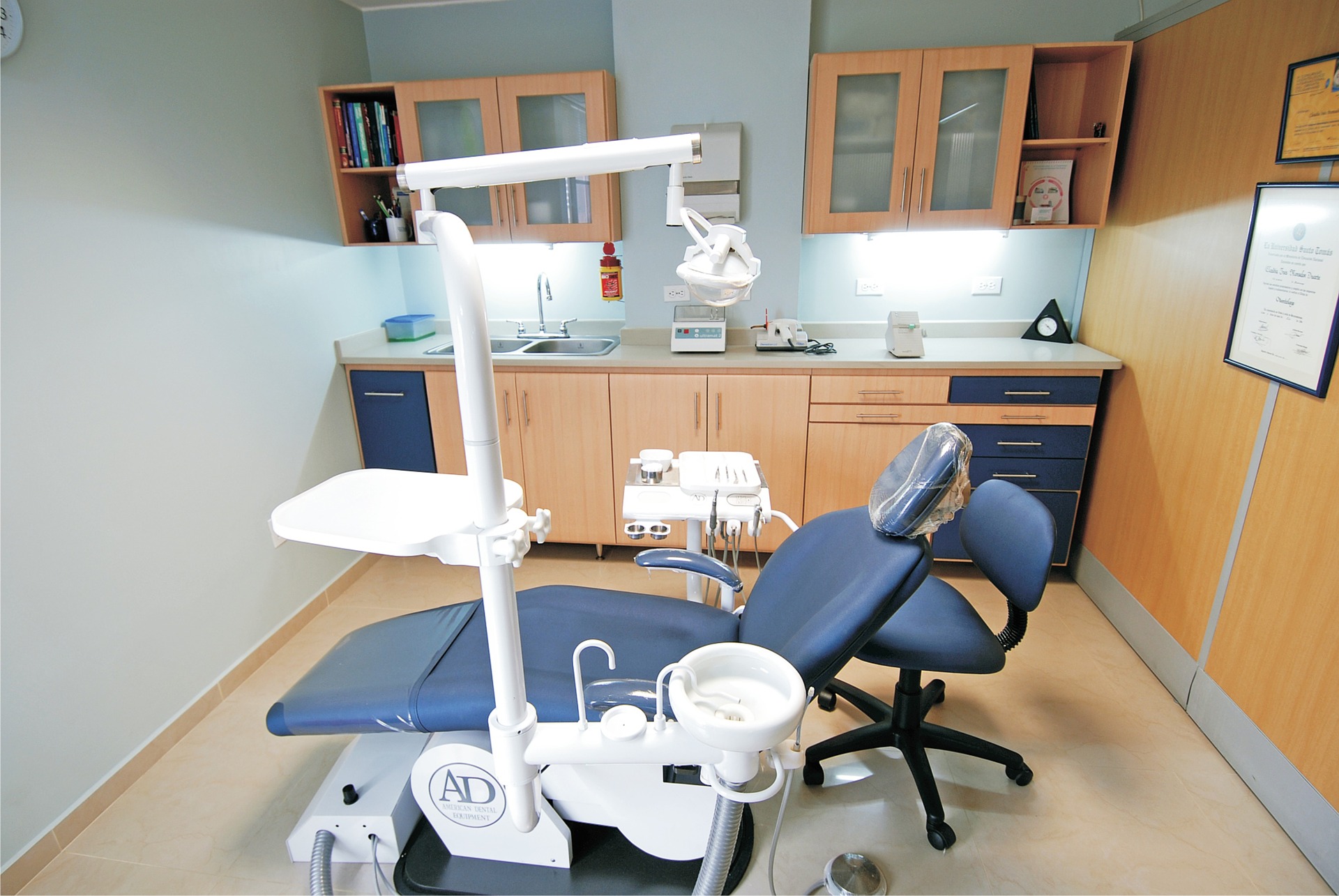Wouldn’t it be great if our first job after graduating from college was our dream job, and carried us through our career and into retirement? Unfortunately this is not how it typically works, and most people do not stay in the same job for the duration of their career. Many times when we hear of new opportunities, they sound like a perfect fit, that dream job! But, if you’re getting the itch to make a move, be sure the grass really is greener on the other side. Here are some factors to think about, and questions to ask yourself, if you’re considering making a move:
Career Goals & Growth Opportunities. When considering a new job, be sure it’s a position that will be a good fit for both your short-term and long-term goals.
- Private practice vs. group practice vs. DSO – are you in need of mentorship? Do you prefer to work solo or with other doctors? What type of decision-making involvement will you have within the practice?
- Are you looking for a partnership or buy-in / buy-out opportunity? If so, what are the owner dentists plans? What defines a partnership – is the practice offering a true buy-in partnership or an equity partnership stake?
- Whether you’re an associate or a partner, what leadership opportunities will you have within the practice?
- What is the practice philosophy and does it fit your philosophy – is the focus on production or the patient experience? How much emphasis is placed on patient reviews? What type of community involvement does the practice have? What are the short and long-term goals of the practice?
Job Expectations. Surprises are one of two things….pleasant or unpleasant. When considering a new position, be sure you understand exactly what will be expected of you so you’re not experiencing unpleasant surprises.
- Specialty procedures – what procedures are referred out and what procedures are kept in-house? Will you be able to or are you expected to perform specialty procedures? Will you be required to refer specialty procedures to another dentist or specialist in the practice, even if you know how to do the work?
- What are the days and hours of work? Is the office open during evening and weekend hours? Will you be on-call?
- What type of equipment and software is used in the office, and do you know how to use it? What type of learning curve will you have?
- What patients will you be treating? Will you see kids, families and geriatric patients? Will you be taking over an existing patient base or how will you be acquiring patients? Will the patients you treat be your patients of record?
- What are the practice’s production expectations, and are you able to meet them (specialty, speed, etc.)?
Practice Details. Many times when we’re considering a new job, we think about the basics, “how much money will I make,” “what is the long-term potential,” and “does the practice philosophy match my practicing philosophy?” While these are all critical questions to ask, there are a few things that should not be overlooked:
- Is the doctor(s) willing to provide mentorship opportunities? If so, how much time will be dedicated to mentorship?
- How many active patients are in the practice? Will there be enough patients for you to treat? How many operatories will you have to work out of? How many hygienists are in the practice? How far out are patients booked?
- What patients will you be treating – will you be taking over an existing patient base, or building a patient -base? How will new patients be funneled to the dentist(s) in the office? How many new patients does the practice average per month?
- What marketing efforts are in place to bring new patients in the door?
- What type of restrictive covenant will be in the employment contract? Does the restrictive covenant apply to all practice locations, or only your primary location? Does your current restrictive covenant conflict with this practice location?
Compensation & Benefits. When it comes to compensation and benefits, dental practices are all over the spectrum as to how they pay and the benefits they provide. There is great value in the benefit package, so be sure to spend time figuring out the worth of the package, and how much it would cost you should you need to get your own policy/policies. If you are relocating, it’s also important to weigh the options of rural vs. metro and the cost of living vs. compensation package provided.
- Does the practice offer health insurance and a dental plan? If so, who is covered (employee, employee/spouse, employee/dependent, employee/family)?
- What other benefits does the practice cover – malpractice, student loan debt repayment, disability/leave of absence, life insurance, retirement programs (401(k), profit sharing)?
- Are lab fees covered in whole or in part, and is there a reimbursement benefit for continuing education?
- Will there be a salary provided, and if so, for how long? Is there an incentive plan, and if so, is it based on a percent of production or collections?
- What is the collection rate of the practice?
It has been said that a job change is one of the top 5 most stressful things a person can endure. There are so many considerations, and making sure the position is a good fit can be difficult. Take the time and effort to really figure out what is important to you, and then take the time to do your research. Ask questions, read reviews, talk to the staff. It’s worth taking the extra time to gather information and be sure it’s the right move at the right time.


Leave A Comment